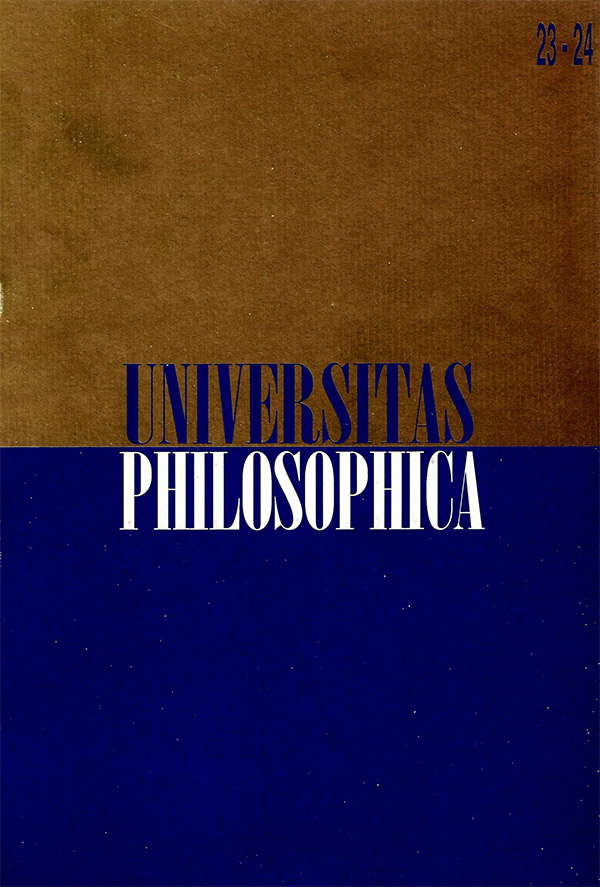Abstract
El análisis de la idea de progreso entraña una doble concepción en la filosofía del siglo XVIII que podríamos denominar: continuidad y discontinuidad. La primera se afirma en una historia providencial organizada en torno a fines. La segunda se plantea como razón histórica al constituirse en el desarrollo mismo de la naturaleza humana.
El presente trabajo expone y analiza estas dos concepciones, tomando como marco de referencia el concepto de sistema. La problemática cuestiona al quehacer filosófico en su doble alternativa: interpretar o transformar. Al definir entonces la noción de sistema y los métodos para el estudio de la naturaleza, se busca determinar el carácter idóneo del método de los naturalistas que explica el progreso en la naturaleza a partir de las contradicciones y deseos de los individuos. Se hace hincapié, ante todo, en mostrar que los sistemas tratan de interpretar el progreso en la naturaleza pero en cierta forma excluyen la actividad del individuo. Mientras que un espíritu sistemático, tal como lo plantean los naturalistas, elabora un método de aproximación de la naturaleza, en el cual la razón no trasciende al individuo, sino que se realiza en la transformación que opera el sujeto cognoscitivo.
This journal is registered under a Creative Commons Attribution 4.0 International Public License. Thus, this work may be reproduced, distributed, and publicly shared in digital format, as long as the names of the authors and Pontificia Universidad Javeriana are acknowledged. Others are allowed to quote, adapt, transform, auto-archive, republish, and create based on this material, for any purpose (even commercial ones), provided the authorship is duly acknowledged, a link to the original work is provided, and it is specified if changes have been made. Pontificia Universidad Javeriana does not hold the rights of published works and the authors are solely responsible for the contents of their works; they keep the moral, intellectual, privacy, and publicity rights.
Approving the intervention of the work (review, copy-editing, translation, layout) and the following outreach, are granted through an use license and not through an assignment of rights. This means the journal and Pontificia Universidad Javeriana cannot be held responsible for any ethical malpractice by the authors. As a consequence of the protection granted by the use license, the journal is not required to publish recantations or modify information already published, unless the errata stems from the editorial management process. Publishing contents in this journal does not generate royalties for contributors.


